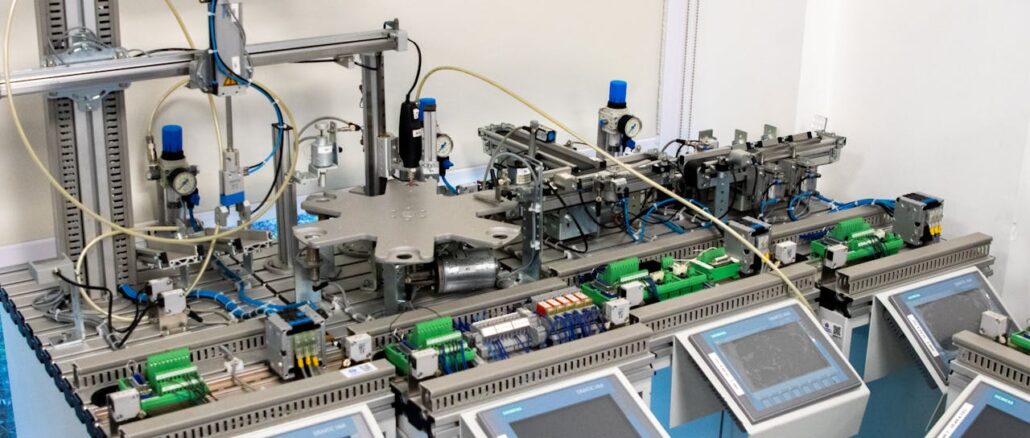
Getting your product to market isn’t just about design – it’s about compliance
If you’re planning to sell electrical or electronic products in Australia or the European Union + the United Kingdom, you’re stepping into a tightly regulated environment. Each region has a comprehensive set of laws that focus on safety, energy efficiency, interference with other devices, and even the materials your product is made from. It’s not just red tape — it’s about protecting people, reducing environmental impact, and ensuring fair competition.
For any importer, manufacturer, distributor, or brand, the responsibility for compliance lies with you. Even a small mistake — like an incorrect label or a missing registration — can lead to fines, delays, or even costly product recalls.
- Product safety compliance (RCM, EESS, CE, SAA, LVD)
Before anything else, you need to ensure your product is safe to use for consumers. That means meeting electrical safety regulations. If your product is powered by mains electricity or likely to be used in homes, third-party safety testing and certification is likely mandatory.
In Australia, you’ll usually need to register with the Electrical Equipment Safety System (EESS) and use the RCM mark. This mark shows that your product has been tested and certified under local law, confirming compliance with Australia’s electrical safety standards. In Europe, the Low Voltage Directive (LVD) applies, and your product must carry the CE mark — a declaration of conformity to EU safety standards, but you can only use the mark if you have complete the necessary tests required by law.
- Electromagnetic interference &wireless technology (EMC, RF, RED, EMF)
Today’s devices often include wireless functions — Wi-Fi, Bluetooth, radio — and with those come strict requirements around emissions and compatibility.
You’ll likely need EMC testing to prove your product doesn’t interfere with other nearby electronic equipment. If your product uses radio frequencies or transmits data wirelessly, you’ll also need to meet RF and RED standards in the EU, and EMF/EME/EMR standards in Australia.
These laws/regulations ensure your product doesn’t cause communication disruptions or pose health risks due to radiation exposure.
- Energy efficiency (MEPS, GEMS, ERP)
Governments are pushing hard to reduce energy consumption. That means your product may need to comply with Minimum Energy Performance Standards (MEPS) or register under the Greenhouse and Energy Minimum Standards (GEMS) in Australia. In the EU, you’ll likely face similar testing under the Energy-Related Products (ERP) directive.
Products that fall short of energy efficiency benchmarks may not be allowed on the market — or could be subject to strict labelling requirements. Market surveillance is quite frequent in this area, due to environmental concerns.
- Chemicals and consumer Law (ROHS, REACH, ACL)
It’s not just the electrical aspects that are regulated. You also need to consider the chemical content of your product. Substances like mercury, lead, cadmium, and certain flame retardants are tightly restricted under both REACH (EU) and ROHS (EU) frameworks.
In Australia, your product also needs to comply with Australian Consumer Law (ACL) — which governs warranty, refunds, product descriptions, and consumer guarantees. Failure to meet these standards could result in legal action from buyers or regulatory bodies.
Australian ACL also includes bans on certain chemicals on products, and certain products altogether. Careful consideration must be given to these requirements.
- Myth Buster: CE ≠ RCM
Many businesses assume that CE marking is enough to cover Australia — but that’s 100% incorrect. Australia doesn’t recognise CE as proof of compliance. Similarly, a product certified for Australia isn’t automatically approved for the EU. Each region requires its own testing, documentation, and declarations, and it is your responsibility to comply with all the requirements in the law.
How GK Global Services Can Help
Compliance doesn’t have to be complicated. At GK Global Services, we specialise in navigating Australian and European compliance systems, so you don’t have to.
We help you:
- Identify relevant regulations
- Coordinate with factories and international suppliers
- Arrange third-party testing
- Complete certification and registration processes
- Ensure full legal compliance before your product hits shelves
Beyond Compliance: Real Business Support
We also help businesses with:
- Sourcing and supply chain audits
- Handling complex issues like customer disputes, recalls, or intellectual property
- Technical inspections and factory evaluations
Case Study: All Purpose Pumps
When All Purpose Pumps acquired another business, they needed to register several new electrical products. With no internal resources to spare, they turned to GK Global. We provided a roadmap, templates, and hands-on support — helping them meet EESS and RCM requirements quickly and efficiently.
Client feedback?
“GK Global made the process smooth and stress-free. Gonzalo was incredibly helpful, and outsourcing saved us significant time and money.”
Ready to import your products to Australia or the EU?
Let GK Global Services do the compliance, so you can focus on other things.
Photo by Ludovic Delot:

